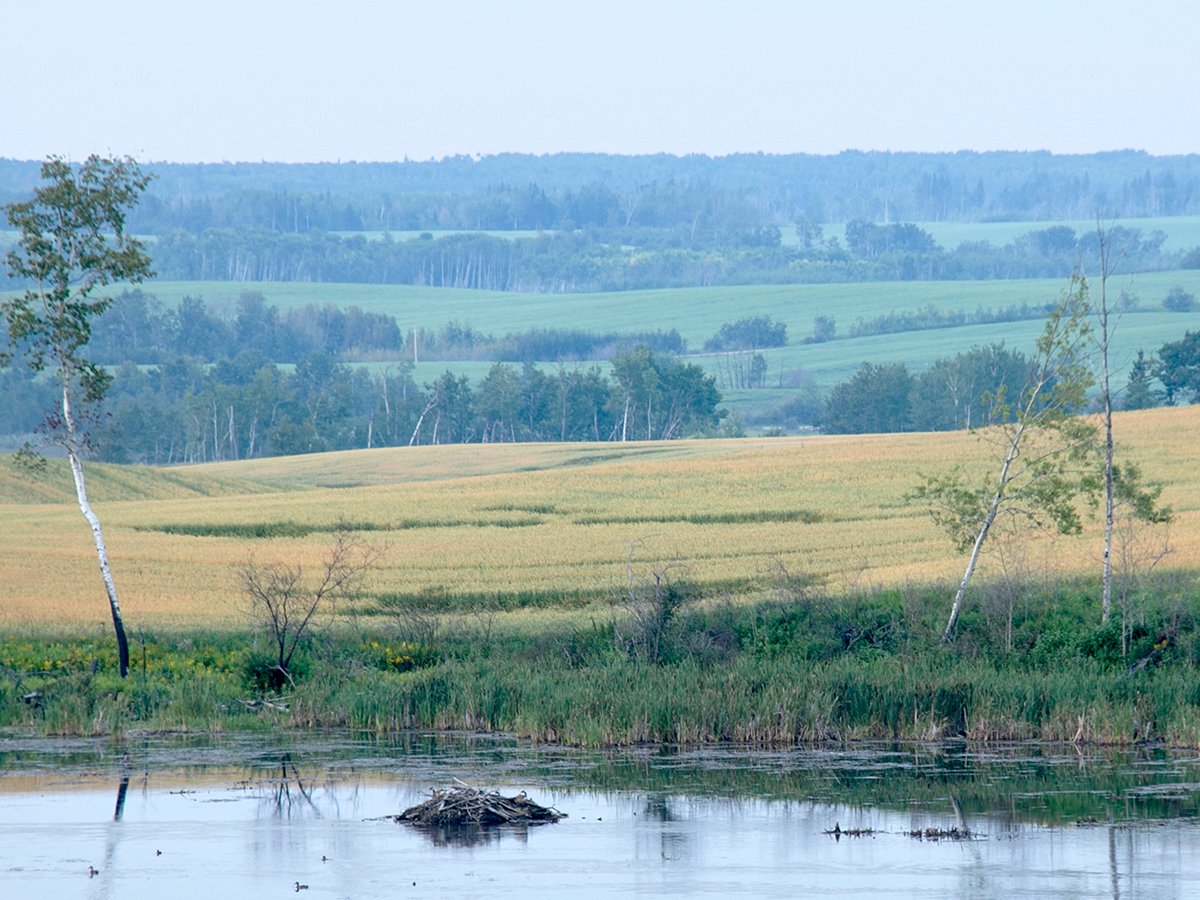Q: Our father died and we have been sorting his effects. We have found share certificates dated in the early 1950s for an oil company we have never heard of. Father never mentioned that he owned such shares. We are curious as to how he might have acquired them and whether these shares are worth anything.
A: Unless you find the actual letters or documents relating to the shares, one can only speculate as to how he obtained them. With the discovery of oil in the 1950s on the Prairies, oil companies aggressively sought mineral rights and surface leases from farm owners. I know from my research that sometimes farmers received shares as part payment for the leases, although I don’t know how widespread the practice was.
Read Also

Intergenerational rollover rules can help succession plans
One of the most significant concerns in succession planning for farmers is the tax bill that can come with passing the farm to the next generation.
For example, in one lease the holder of the mineral rights was offered “one fully paid-up share in the capital stock of the grantee for the grantor’s gross royalty interest in every two acres of the above described land.” You could search your father’s land title to determine whether he owned mineral rights and whether he entered into any lease agreements with an oil company named in the shares.
Whether the shares are worth anything would be dependent on what happened to the company.
The company could exist and be actively traded. In that case, checking stock listings or checking with a broker would determine the market value of the shares.
The company could have dissolved, gone bankrupt or ceased operations and struck off the register. In that case, the shares would be useless. Based on my internet research, it appears there is an evolving market for old shares as decorator items.
The company could have been bought out or amalgamated with another company.
How does one find out what happened to the company? As a condition of doing business, every company must be registered with either a provincial or federal corporate registry. In most instances, a company registered in one province but which carries on business in other provinces must register in all provinces in which it carries on business. As a general rule, most companies register under provincial as opposed to federal legislation.
The provincial registry will be able to tell you if the company is registered, was struck off for failing to maintain its registration, has changed its name or merged with another company. Saskatchewan’s company registry is a part of Saskatchewan Justice. There will be search fees. Many oil companies operate out of Alberta, so you may want to search corporate records there. The corporate registry in Alberta is part of the government services department (www.gov.ab.ca/gs; click on general registry services). Such search services have been privatized and you will have to contact a private firm for assistance. A list of these can be found at the government website.
There may be other sources of information on old oil companies. Check with provincial archives, the provincial securities commission and search in the library for industry publications and company directories.
There are businesses that provide search services to determine what happened to companies.
Of course, if you undertake this activity you should accept that you may spend time and money to discover the shares are worthless. However, the history will be interesting.
Don Purich is a former practising lawyer who is now involved in publishing, teaching and writing about legal issues. His columns are intended as general advice only. Individuals are encouraged to seek other opinions and/or personal counsel when dealing with legal matters.














